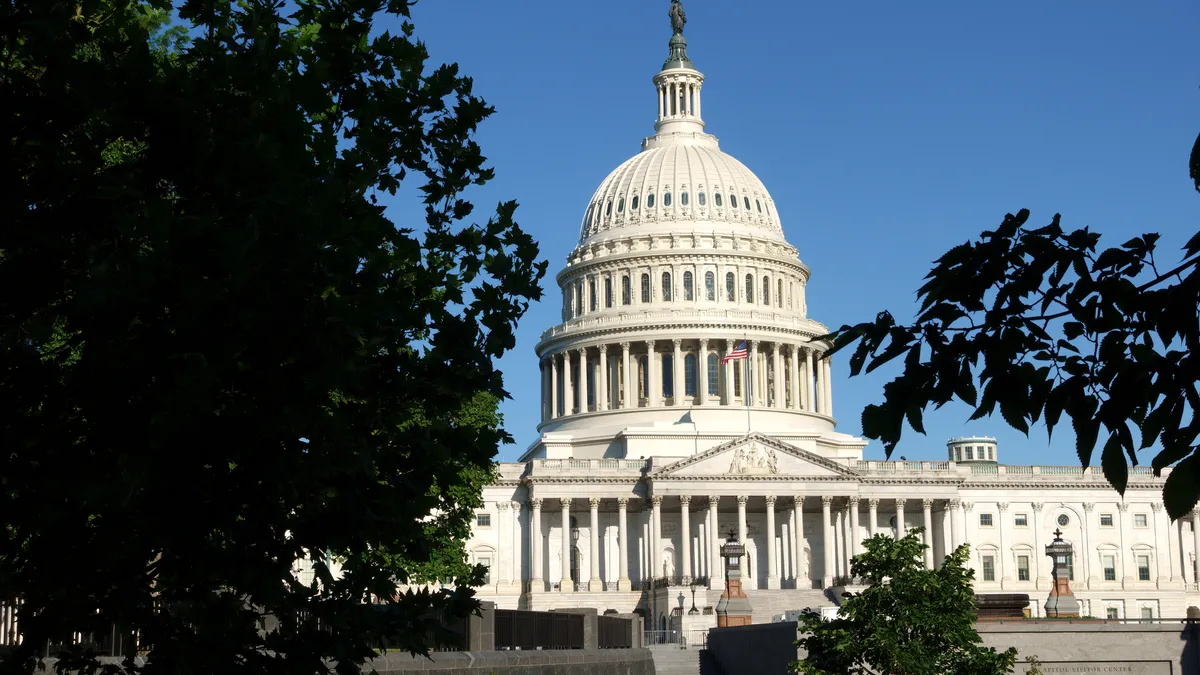The House Financial Services Committee published a draft bill on stablecoin regulation Saturday, its first major piece of crypto-related legislation in 2023.
The bill, which does not yet have a number, would require stablecoin issuers to have reserves that back the digital assets on an “at least one-to-one basis.”
Those reserves could be composed of U.S. coins or currency, Treasury bills with a maturity of 90 days or less, central bank reserve deposits, and repurchase agreements with a maturity of seven days or less that are backed by Treasury bills with a maturity of 90 days or less.
The bill would give the Federal Reserve power over nonbank stablecoin issuers like Tether and Circle, which issue USDT and USD Coin, respectively. Stablecoins issued by insured depository institutions would fall under the regulators of that bank.
It would also impose a two-year moratorium on crypto-backed stablecoins and commission a study on a central bank digital currency; and it would impose harsh penalties on those stablecoin issuers who fail to register their offerings: illegal issuers could face up to five years in prison and a $1 million fine.
Stablecoins are a type of digital currency designed to be pegged to a fiat money, therefore offering investors more price stability than cryptocurrencies like Bitcoin or Ethereum. USDT and USD Coin, for example, are pegged to the U.S. dollar and both worth $1.
Lawmakers have had an eye on stablecoins since last spring, when TerraUSD and its sister coin Luna depegged from the U.S. dollar and sent the crypto market into a frenzy, with $2 trillion in value dropping out of the crypto market as a result. Terraform Labs founder Do Kwon spent nearly the following year on the lam and was arrested in Montenegro last month. The Securities and Exchange Commission filed a lawsuit against him in February for allegedly defrauding investors.
Lawmakers published the draft ahead of a Wednesday hearing.”
Circle CEO Jeremey Allaire called the draft’s publishing “an extraordinary moment for the future of the dollar in the world, and the future of currency on the internet.”
“There is clearly the need for deep, bi-partisan support for laws that ensure that digital dollars on the internet are safely issued, backed and operated,” he said on Twitter.














